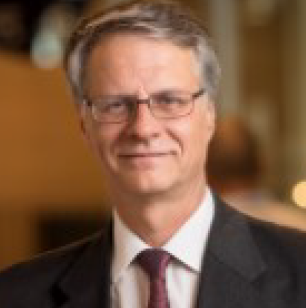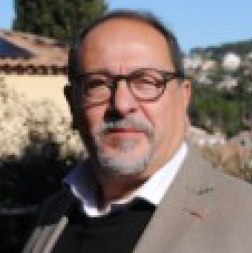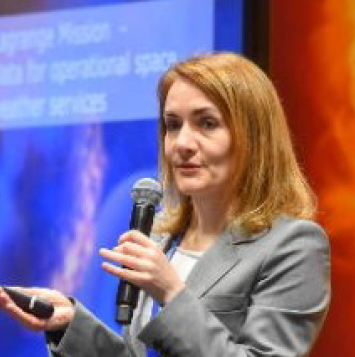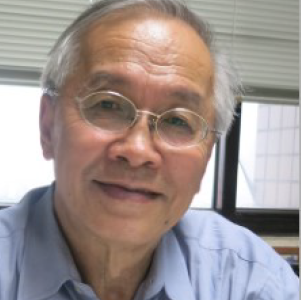
See below for complete citations and a brief description of COSPAR.
🏆 COSPAR Space Science Award for outstanding contributions to space science:

William J. Borucki (USA), Astrobiology and Space Research Directorate, NASA Ames Research Center, Moffett Field, California

Ken McCracken (Australia), CSIRO and Jellore Technologies, retired, New South Wales
🏆 COSPAR International Cooperation Medal for distinguished contributions to space science and work that has contributed significantly to the promotion of international scientific cooperation:


John Kiss (USA) and Francisco Javer Medina Díaz (Spain), College of Arts & Sciences, University of North Carolina—Greensboro, Greensboro, North Carolina and PCNPµG Lab (Plant Cell Nucleolus, Proliferation & Microgravity), Centro de Investigaciones Biológicas – CSIC, Madrid
🏆 COSPAR William Nordberg Medal commemorating the late William Nordberg and for distinguished contributions to the application of space science in a field covered by COSPAR:

Daniel J. McCleese (USA), Jet Propulsion Laboratory, California Institute of Technology, Pasadena, California
🏆 COSPAR Harrie Massey Award honoring the memory of Sir Harrie Massey, FRS, for outstanding contributions to the development of space research in which a leadership role is of particular importance:

Alexander Held (Australia), CSIRO Centre of Earth Observation – Astronomy and Space Science, Canberra ACT
🏆 COSPAR Distinguished Service Medal recognizing extraordinary services rendered to COSPAR over many years.

Jean-Louis Fellous (France), Committee on Space Research (retired), Paris
🏆 Vikram Sarabhai Medal (a joint award of COSPAR and the Indian Space Research Organization) honoring Vikram Sarabhai, one of the architects of modern India, for outstanding contributions to space research in developing countries:

Alexi Glover (ESA/ESOC), Space Safety Programme Office, European Space Agency, ESA-ESOC, Darmstadt
🏆 Jeoujang Jaw Award (a joint award of COSPAR and the Chinese Academy of Sciences) recognizing scientists who have made distinguished pioneering contributions to promoting space research, establishing new space science research branches and founding new exploration programs:

Wing-Huen Ip (China: Academy of Sciences located in Taipei), Institute of Astronomy, National Central University, Taoyuan
🏆 Yakov B. Zeldovich Medals (a joint award of COSPAR and the Russian Academy of Sciences) conferred on young scientists for excellence and achievements, honoring the distinguished astrophysicist Yakov B. Zeldovich. One medal is awarded for each COSPAR Scientific Commission:
🏆 Outstanding Paper Awards for Young Scientists
List of thirty-two 2020 recipients available here.
COSPAR today

The Committee on Space Research (COSPAR) has both National Scientific Institutions and International Scientific Unions as members. Moreover, approximately 11000 scientists actively engaged in space research are COSPAR Associates. Companies and organizations interested in supporting COSPAR activities may also become Supporters of the Committee.
COSPAR acts mainly as an entity which:
COSPAR’s objectives are to promote on an international level scientific research in space, with emphasis on the exchange of results, information and opinions, and to provide a forum, open to all scientists, for the discussion of problems that may affect scientific space research. These objectives are achieved through the organization of Scientific Assemblies, publications and other means.
The International Science Council (ISC) established COSPAR during a meeting in London in 1958. COSPAR’s first Space Science Symposium was organized in Nice in January 1960. COSPAR is an interdisciplinary entity that ignores political considerations and views all questions solely from the scientific standpoint.
Complete lists of previous award recipients may be found at: https://cosparhq.cnes.fr/awards
Further information on COSPAR is available at:https://cosparhq.cnes.fr/ or from the Secretariat: [email protected]
Tel: +33 1 44 76 74 41 / +33 4 67 54 87 77
Photo by Jeremy Thomas on Unsplash